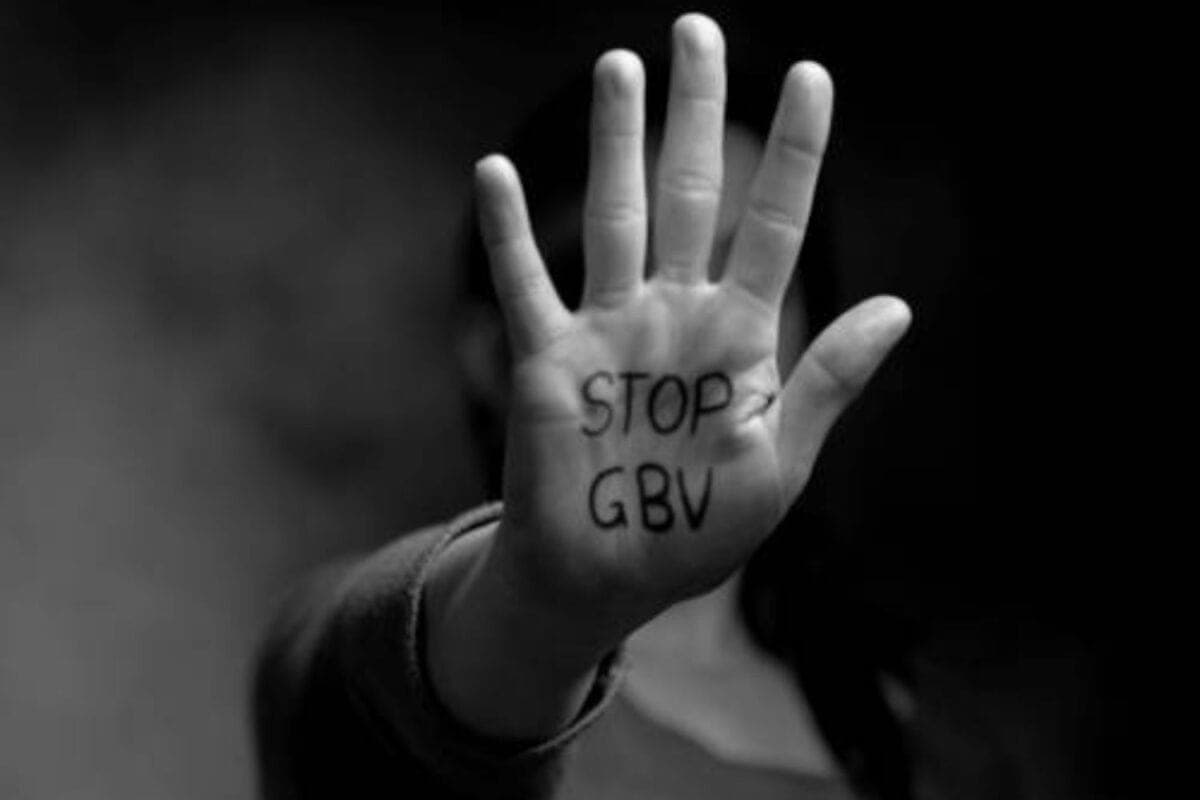Call for protection of females as reported cases of scourge rise.

While various Women’s Day walks, marches and celebrations were hosted across the country over the weekend, many said more should be done to protect women, especially with the rise of gender-based violence (GBV).
Highlights in Tshwane included more than 1 500 female law enforcement officers from Gauteng municipalities, who marched to the Union Buildings, re-enacting the historic 1956 march in which over 20 000 women protested against the extension of pass laws to women.
WATCH: The march by female law enforcement officers
WATCH: Female law enforcement officers from various Gauteng Municipalities parade to the Union Buildings in Pretoria, 9 August 2025, reenacting the historic 1956 march. 📹:Nigel Sibanda /The Citizen pic.twitter.com/CXmCU4vK97
— The Citizen News (@TheCitizen_News) August 10, 2025
In Ekurhuleni, hundreds of DA supporters marching to the Germiston central police station demanded increased resources for addressing GBV at police stations.
The party’s deputy spokesperson on police, Lisa Schickerling, said the scourge of GBV must be addressed and it must happen soon, adding South Africa was failing its women.
“Ekurhuleni recorded over 1 600 murders in 2024, with precincts like Primrose and Germiston ranking among the most dangerous in South Africa.
“Despite the crisis, many stations operate with inadequate critical staff and vehicle shortages, and gender-based violence victims are left without proper support,” she said.
Shocking statistics
Schickerling said it was no wonder that South Africa found itself in the midst of a gender-based violence crisis. Out of 1 154 police stations, only 134 have dedicated desks for GBV.
Action Society spokesperson Juanita du Preez said every month in South Africa, an average of 320 women were murdered, 3 934 raped and 5 341 suffer grievous bodily harm.
Du Preez said many women didn’t celebrate Women’s Day, but survived it.
“This is not just gender-based violence. It is a sustained, systematic assault on women. When a nation’s women are attacked at this scale, it stops being crime – it becomes terror,” she said.
Du Preez said the police crime statistics for 1 October to 31 December 2024 recorded 961 women murdered, which was 11 every day or 320 every month; 11 803 women raped, which was 131 every day and 3 934 every month, and 16 023 women assaulted, with 174 every day or 5 341 every month reported.
“These are only the reported cases. Thousands more remain hidden in silence, fear, or distrust of a system that too often fails them.
“By comparison, terrorism kills around 1 667 people per month globally. South African women alone face over 9 500 violent attacks every month – yet there is no war room, emergency deployment or national mobilisation.”
ALSO READ: Women’s Day: Lesufi wants your child to have a GBV-focused certificate
Government’s response is not enough
Du Preez said South Africa had sexual offences courts, but there were just over 100 for the entire country – far below what is needed.
“Many are under-resourced, inconsistently staffed, or not fully operational. Rural and high-crime areas often have no access at all,” she said.
Du Preez said Action Society wanted violence against women declared a national disaster, an urgent investment in public-private partnerships to strengthen investigative and forensic capacity, an expansion and permanent legislation of sexual offences courts in every district, with better-trained prosecutors and magistrates to prioritise GBV cases, and enforcement of mandatory minimum sentences and closure of legal loopholes.
“This Women’s Day we cannot simply honour women with words. We must defend their right to safety and dignity with decisive action. Silence protects the predator, not the victim,” she said.
NOW READ: Why SA’s gender-based violence crisis deserves global attention
Support Local Journalism
Add The Citizen as a Preferred Source on Google and follow us on Google News to see more of our trusted reporting in Google News and Top Stories.






